UPSC Prep from Zero: Clear IAS Without Coaching – Beginner’s Guide
A complete step-by-step UPSC guide for beginners starting from scratch
Every year, lakhs of students dream of becoming IAS or IPS officers. But most of them feel confused when they begin. The biggest question is"Can I prepare for UPSC on my own, without coaching?" The answer is yes.
If you are serious, focused, and ready to work hard, you can clear the UPSC Civil Services Exam without joining any coaching centre. Many toppers have done it, and so can you.
This blog will help you start your UPSC journey from scratch. Even if you don’t know anything about the syllabus or subjects yet, don’t worry. This guide is for complete beginners.
What is the UPSC Civil Services Exam?
The UPSC Civil Services Exam is one of the most respected and toughest exams in India. It selects candidates for top government jobs like:
- IAS (Indian Administrative Service)
- IPS (Indian Police Service)
- IFS (Indian Foreign Service)
- and many other services
The exam has three stages:
- Prelims – Objective-type test (General Studies + CSAT)
- Mains – Written, descriptive papers (9 papers in total)
- Interview – Personality test
You have to clear each stage to move to the next. The full process takes about one year.
Step-by-Step Guide to Start from Zero
You don’t need to join coaching to prepare. Here’s how you can start your UPSC preparation from home.
1. Understand the Syllabus
- Download the official UPSC syllabus from the UPSC website.
- Print it out and read it carefully.
- Divide it into topics: History, Polity, Geography, Economy, Environment, Science, Ethics, and Current Affairs.
- Stick the syllabus near your study table to keep it in mind.
Stage | Paper | Subject / Area | Syllabus Topics |
| Prelims | General Studies Paper I | Current Affairs, History, Geography, Polity, Economy, Environment, Science | - Current events (national & international) - Indian History & National Movement - Indian & World Geography - Indian Polity & Constitution - Economic & Social Development - Environment, Ecology, Climate Change - General Science |
| General Studies Paper II (CSAT) | Comprehension, Reasoning, Maths | - Reading comprehension - Interpersonal skills - Logical reasoning, analytical ability - Decision making & problem-solving - Basic numeracy (Class X level) - Data interpretation | |
| Mains | Paper A (Qualifying) | Indian Language (8th Schedule) | Essay, translation, grammar, comprehension – in any Indian language |
| Paper B (Qualifying) | English | Essay, grammar, comprehension | |
| Paper I | Essay | Two essays on given topics – clarity, structure, and arguments tested | |
| Paper II | General Studies I | Indian Heritage, History, Geography, Society | |
| Paper III | General Studies II | Polity, Governance, International Relations | |
| Paper IV | General Studies III | Economy, Science, Tech, Environment, Security | |
| Paper V | General Studies IV | Ethics, Integrity, Aptitude | |
| Paper VI | Optional Subject Paper I | Chosen Optional Subject | |
| Paper VII | Optional Subject Paper II | Chosen Optional Subject | |
| Interview | Personality Test | Final Stage | - No fixed syllabus - Questions on DAF, hobbies, current issues, opinion-based questions - Communication, honesty, confidence, awareness tested |
2. Start with NCERT Books
NCERT books are the best starting point. They are simple, clear, and cover many topics from the UPSC syllabus.
Start with these:
- History – Class 6 to 12
- Geography – Class 6 to 12
- Polity – Class 9 to 12
- Economy – Class 9 to 12
- Science – Class 6 to 10
- Sociology and Society – Class 11 and 12 (optional but useful)
Make short notes as you read. Don’t try to memorize everything in one go. Read each book at least twice.
3. Read a Good Newspaper Daily
Current affairs are very important for both Prelims and Mains.
- Choose one newspaper: The Hindu or Indian Express
- Read the front page, editorial page, national, international, and economy sections.
- Make short notes in a notebook or file. Write in your own words.
- Revise these notes every weekend.
4. Follow Basic Standard Books
After NCERTs, move to standard books for each subject.
Some examples:
- Polity – Indian Polity by M. Laxmikanth
- Modern History – Spectrum by Rajiv Ahir
- Economy – Indian Economy by Ramesh Singh
- Geography – Certificate Physical Geography by G.C. Leong
- Environment – Shankar IAS Environment Book
Don’t try to read too many books. Stick to one reliable source per subject.
5. Start Prelims Preparation First
Focus on Prelims first because it is the first stage of the exam.
- Practice MCQs every day.
- Join a free or paid online test series.
- Revise current affairs regularly.
- Learn to eliminate wrong options in MCQs.
- CSAT (Paper 2) is qualifying but still important. Practice comprehension and reasoning.
6. Start Mains Answer Writing (Slowly)
Once your Prelims preparation is strong, begin writing answers for Mains.
- Take one question daily from previous years or websites like InsightsIAS, ForumIAS, etc.
- Write answers in 150–250 words.
- Use simple language and clear points.
- Focus on structure: Introduction, Body, and Conclusion.
At first, you may find it difficult. But regular practice will improve your speed and clarity.
7. Choose Your Optional Subject Wisely
You have to choose one optional subject for Mains (2 papers, 500 marks total).
Tips for choosing optional:
- Pick a subject you enjoy or are familiar with.
- Check if good books and material are available.
- See the syllabus and past papers.
- Don’t follow others—choose what suits you.
Common optional subjects: History, Geography, Sociology, PSIR, Public Administration, Anthropology.
8. Make a Study Plan
You don’t need a 10-hour study schedule from day one. Start small and grow slowly.
Example daily plan (for beginners):
- 2 hours: NCERT/standard book reading
- 1 hour: Newspaper and current affairs
- 1 hour: MCQ practice or revision
- 30 mins: Short notes or answer writing
Keep one day in the week for revision or mock tests. Adjust your plan based on your speed and focus.
9. Use Online Resources (Free or Low Cost)
You can get all guidance online. Some good websites:
- InsightsIAS – Daily questions, editorials, mock tests
- ForumIAS – Mains guidance, topper strategies
- Drishti IAS (Hindi & English) – Notes and videos
- Vision IAS – Monthly current affairs
- YouTube Channels – Mains answer writing tips, concept videos
Use only 1–2 sources per subject. Don’t waste time searching too much.
10. Stay Consistent and Motivated
UPSC is a long journey. You may feel low sometimes. That’s normal.
Tips to stay motivated:
- Set small weekly goals.
- Track your progress.
- Don’t compare with others.
- Take short breaks and stay healthy.
- Remind yourself why you started.
Discipline is more important than motivation. Stick to your plan, and you will improve.
Common Mistakes to Avoid
- Trying to read too many books
Stick to one book per subject and revise it well.
- Skipping current affairs
Make daily notes and revise them weekly.
- Ignoring answer writing
Start slowly, but don’t wait too long. Mains is all about writing.
- Not revising regularly
Revision is key to remembering what you study.
- Depending only on YouTube
Videos help, but books and writing are more important.
FAQ (Frequently Asked Questions)
1. Can I crack UPSC without coaching?
Yes. Many toppers have done it with self-study. You need a plan, discipline, and good resources.
2. How many hours should I study daily?
Start with 4–6 hours. Increase slowly as you build focus. Quality is more important than hours.
3. When should I start answer writing for UPSC preparation?
Start once you finish basic reading of GS subjects. Even writing one answer daily helps.
4. Is reading NCERTs necessary for UPSC?
Yes. NCERTs help build a strong base. Many Prelims and Mains questions come from them.
5. Which is better: online or offline preparation?
Both are fine. Choose what suits your learning style. Many free online resources are available.
Conclusion
Preparing for UPSC without coaching is possible. Many students do it every year. If you are ready to study daily, stay consistent, and stay curious, you can succeed too.
Remember:
- Start with the basics (NCERTs and syllabus)
- Read current affairs daily
- Practice regularly (MCQs and answer writing)
- Keep revising
- Stay positive and focused
You don’t need a coaching centre. You need a clear path—and the courage to follow it.
Looking for more support, study plans, or resources?
Visit Skoodos Bridge to get study tips, exam updates, and guidance to help you on your UPSC journey.
You can do this. Just start.
Categories
Archives
Similar Posts
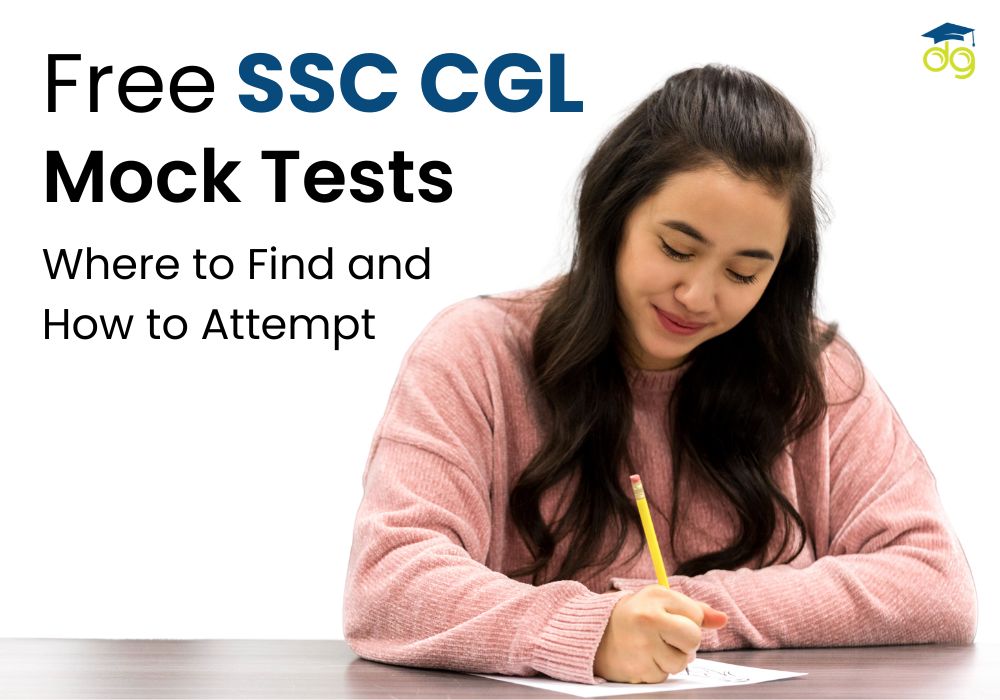
Free SSC CGL Mock Tests 2025: Best Platforms and Expert Strategies
by Skoodos Bridge

How Many Hours to Study for UPSC? Realistic Guide for Aspirants
by Skoodos Bridge

Toppers’ Advice: How to Score 99+ Percentile in CAT Exam 2025
by Skoodos Bridge

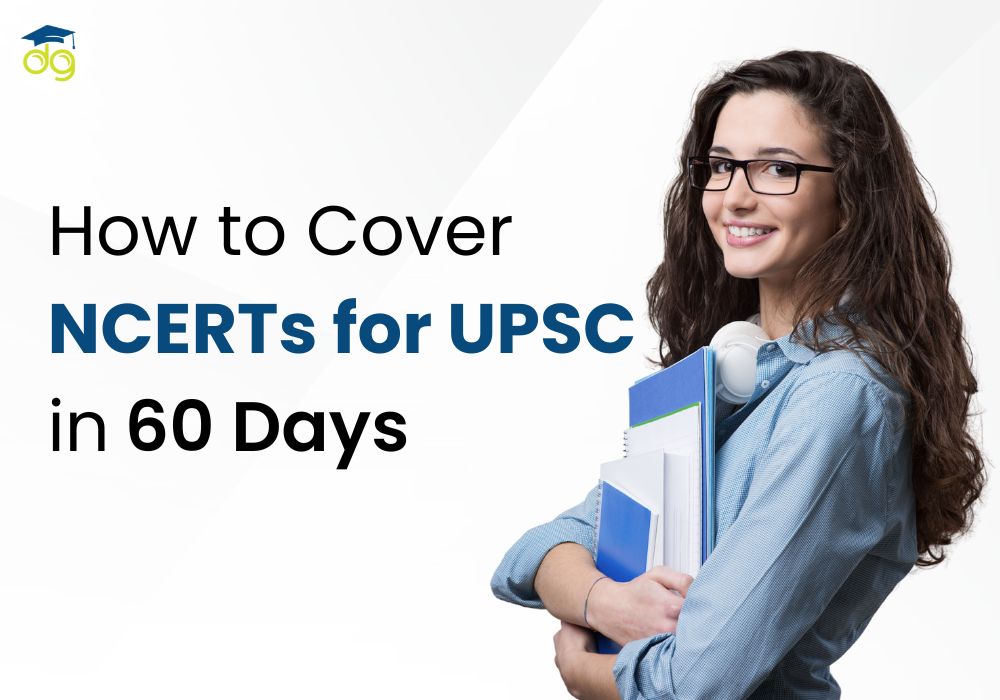
Cover NCERTs for UPSC in 60 Days: A Strategic Study Plan
by Skoodos Bridge
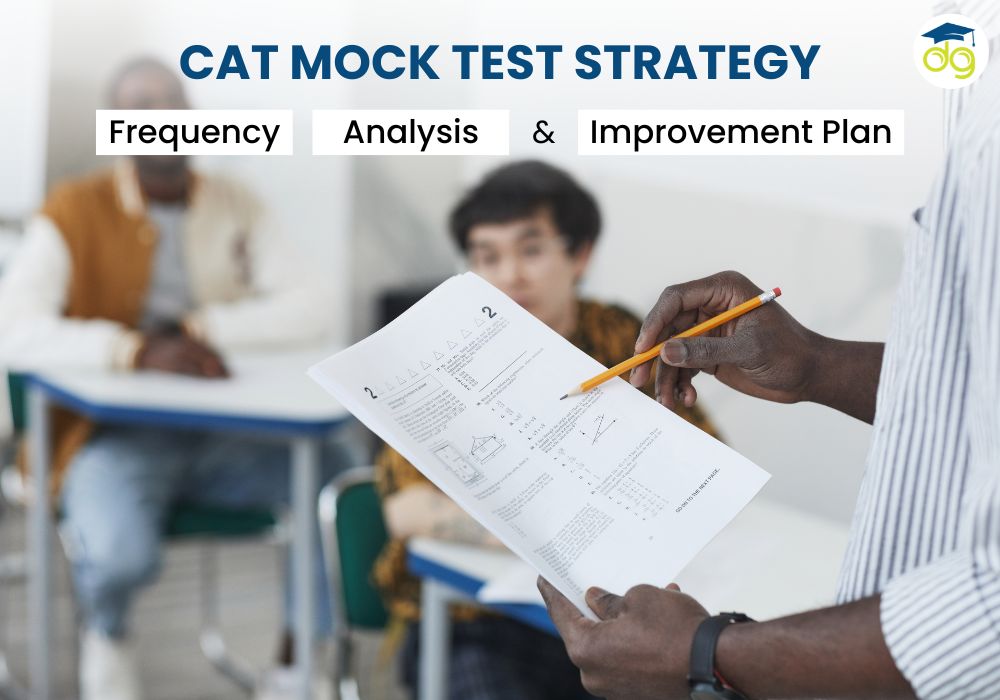
CAT Mock Test Strategy: Boost Scores with Analysis & Planning
by Skoodos Bridge

JEE Advanced 2026: Top Scoring Topics Based on Past Trends
by Skoodos Bridge
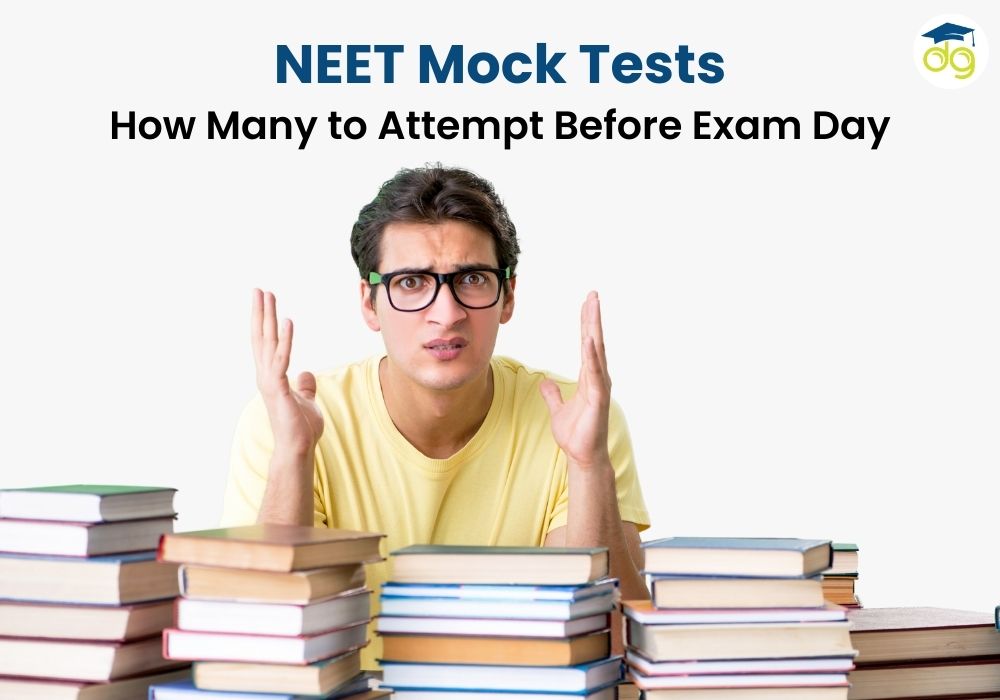
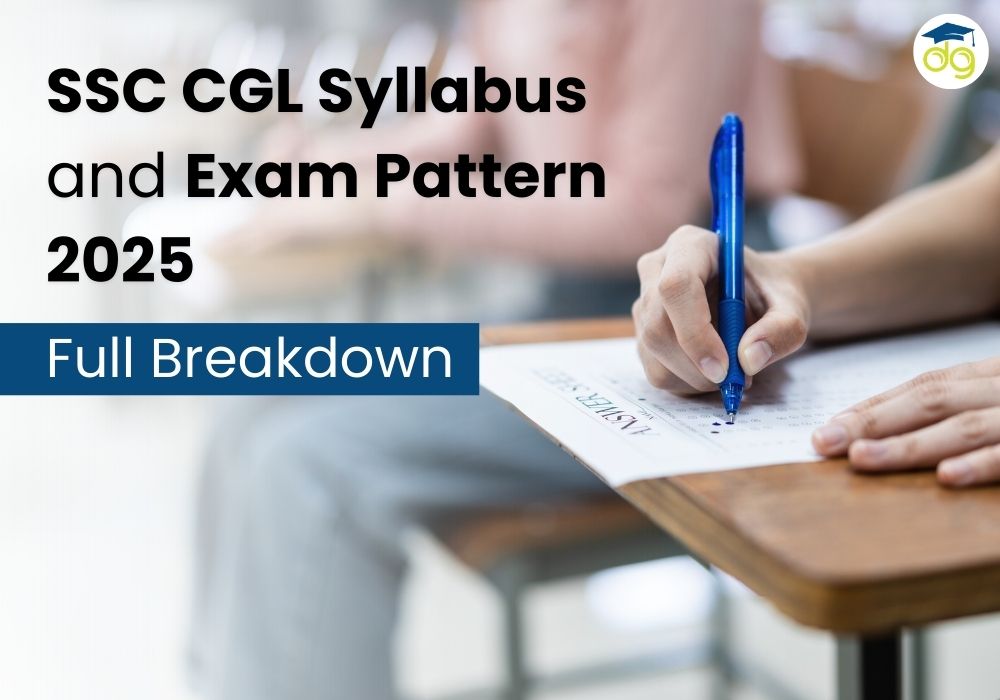
SSC CGL Syllabus & Exam Pattern 2025: Tier-wise Full Breakdown
by Skoodos Bridge
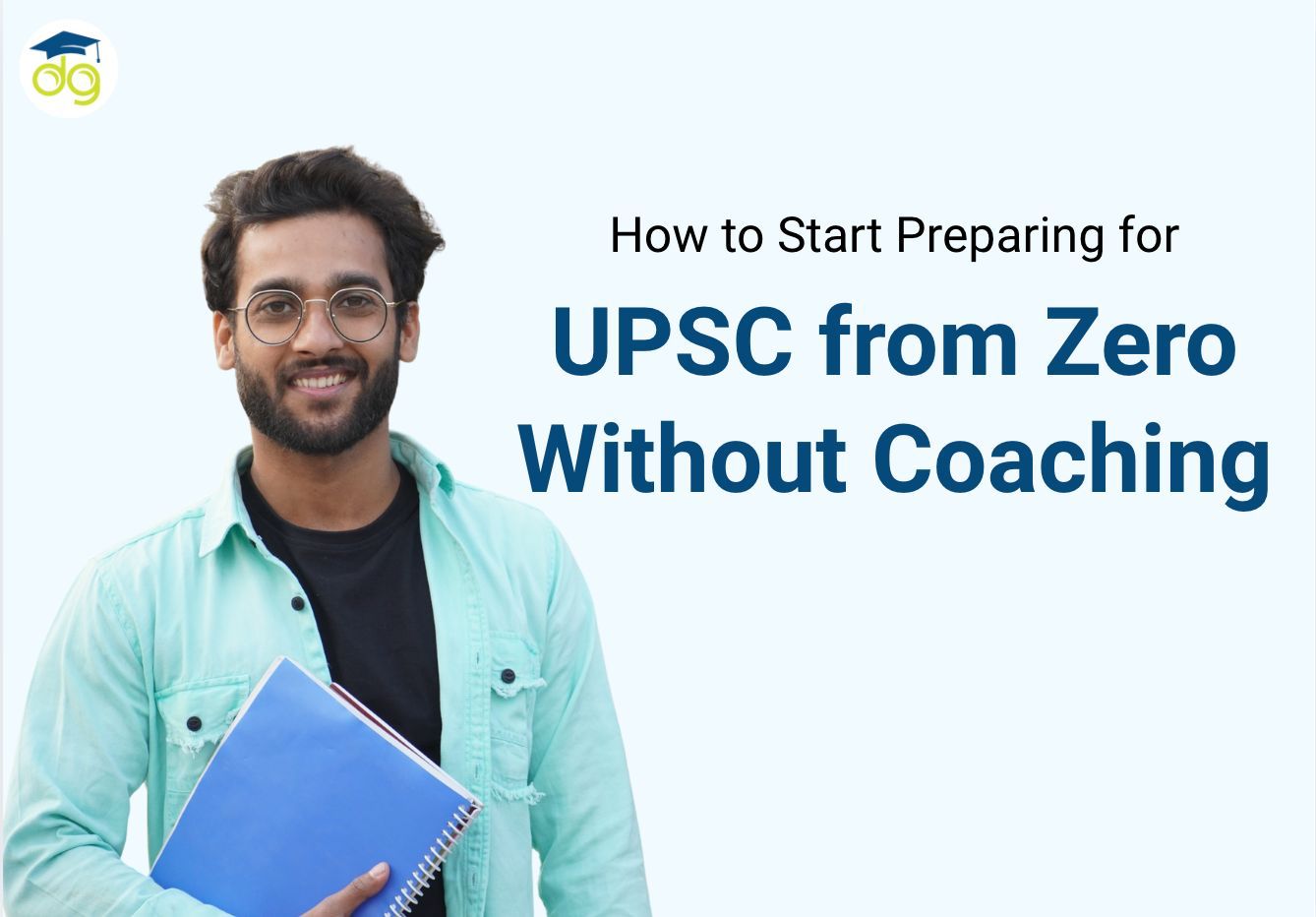

Leave a Comment